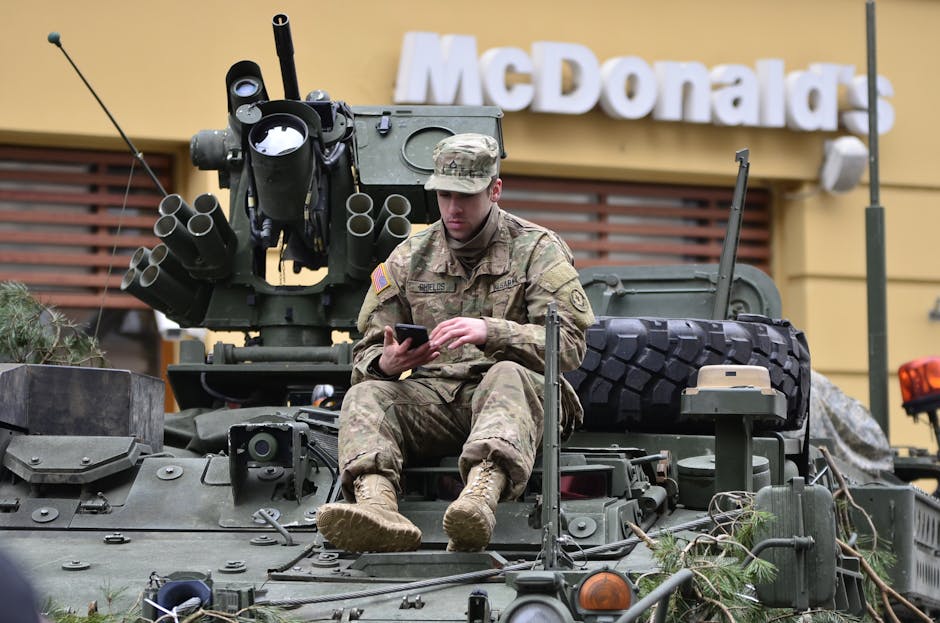El-Fasher: A Sanctuary Lost, A Nation in Peril
The battle for el-Fasher was not just another skirmish in Sudan’s devastating civil war; it was the death knell for a city that once stood as a beacon of hope. For months, the capital of North Darfur was a fragile sanctuary, sheltering hundreds of thousands of civilians displaced by the brutal conflict between the Sudanese Armed Forces (SAF) and the paramilitary Rapid Support Forces (RSF). Today, its streets are a testament to a humanitarian catastrophe, with thousands dead and the city largely under the control of the RSF. The haunting question that now echoes from its scorched earth is profound: after such devastation, can peace return to Sudan?
The Symbolic Fall of a Darfur Stronghold
To understand the pessimism shrouding Sudan’s future, one must grasp the significance of el-Fasher’s fall. This wasn’t merely a strategic victory for the RSF, led by General Mohamed Hamdan “Hemedti” Dagalo; it was a symbolic conquest. It effectively cedes control of the entire Darfur region—an area already scarred by the genocide of the early 2000s—to the very forces descended from the notorious Janjaweed militia. The fighting was marked by the same horrific tactics: ethnically targeted violence, shelling of hospitals, and the deliberate blocking of humanitarian aid. For the non-Arab Masalit, Zaghawa, and Fur communities, this is not just a war; it is an existential threat.
A Failing International Response
The international community, for its part, has been found tragically wanting. A cacophony of ignored warnings, toothless UN Security Council resolutions, and half-hearted diplomatic efforts did little to prevent the slaughter in el-Fasher. While Western capitals issued statements of concern, a tangled web of regional and international interests continued to fuel the conflict. The SAF, led by General Abdel Fattah al-Burhan, and the RSF are not fighting in a vacuum. They are proxies and partners in a wider geopolitical game, armed and funded by external powers who see Sudan as a chessboard for their own ambitions, be it for gold, ports, or regional influence.
Why the Generals Refuse to Negotiate
This external meddling is a primary obstacle to peace. Any ceasefire agreement is rendered meaningless if the flow of weapons and money to the warring factions continues unabated. Both Burhan and Hemedti believe they can win this war militarily. They are locked in a zero-sum power struggle where compromise is seen as surrender. For them, the future of Sudan is secondary to their own personal victory. This leaves no room for negotiation and no middle ground for the civilian-led transitional government that the Sudanese people have been demanding for years.
A Narrow and Perilous Path to Peace
So, where does this leave Sudan? The path to peace, if it exists at all, is perilously narrow and fraught with immense challenges. It certainly will not be paved by the generals who have drenched the nation in blood. Instead, any sliver of hope lies with the Sudanese people themselves. Across the country, grassroots resistance committees and civil society groups continue to operate against all odds. They organise aid, document atrocities, and bravely advocate for a democratic future, reminding the world that Sudan is more than its warring elites.
For peace to have a chance, the international approach must fundamentally shift. The focus must move from simply managing the humanitarian crisis to actively resolving the political one. This requires imposing real costs on the external actors fueling the war, creating a unified and robust diplomatic front led by African nations, and empowering Sudan’s civilian leaders. Furthermore, any future peace process must centre on accountability. There can be no lasting stability without justice for the victims of el-Fasher and the countless other atrocities committed since this conflict began.
The fall of el-Fasher may feel like a point of no return. It has deepened the wounds of a nation already fractured. But to give up on peace is to condemn millions more to death and displacement. The question is no longer just whether peace can return, but whether the world has the courage to help the Sudanese people reclaim their country from the men who are determined to destroy it.




